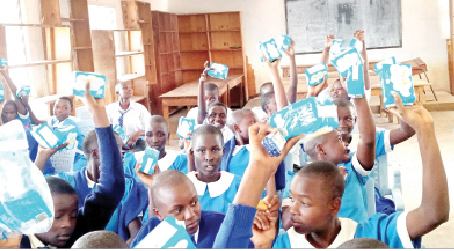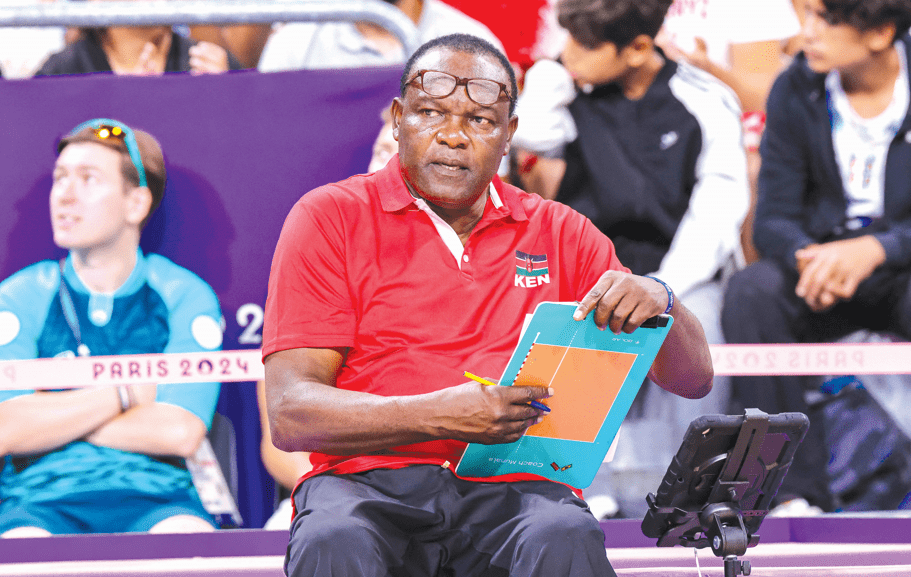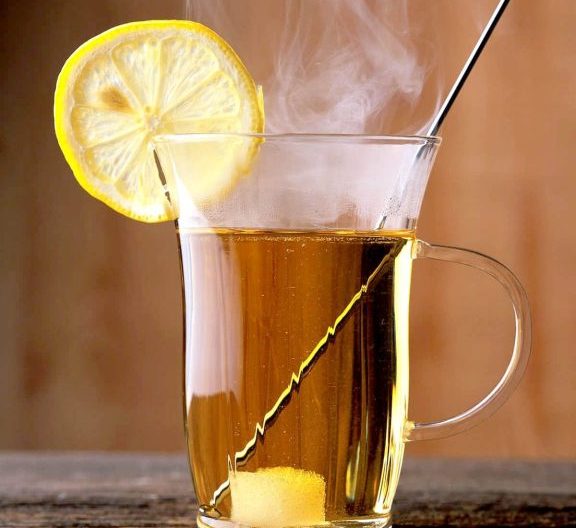Helping end period shame, poverty in homes of less fortunate

As a teacher, 32-year-old Anne Khasi Lumetwa’s biggest desire is to impact the lives of her students and help them chart a positive and meaningful life for themselves.
But in her line of work, she comes across vulnerable girls who need support, care and above all guidance. “Being a teacher in secondary school, and having worked both in the guidance and counselling and discipline departments, I have interacted with girls from humble backgrounds who struggle to even be in school. They can barely afford the right school uniform. I have encountered girls who have been lured into sex so as to get money for their upkeep and to even buy pads for themselves. Some have been embarrassed while in their menses, as they use rags and since they don’t have well-fitting pant, sometimes, these rags accidentally fall, making them a laughing stock, worse when it’s in a mixed school,” says Anne, a wife and mother of one son.
Where pads are a luxury
“Such a situation dents the girls self-esteem, which negatively affects their academic performance since some are even forced to stay at home when they are having their periods and once they resume school, they have missed a lot academically,” she adds.
Anne shares how while speaking to the girls in counselling sessions, some confess to the fact that sanitary towels are a luxury at home, and their parents wouldn’t forego their meals to buy pads for them hence they are forced to use other means to acquire pads such as having sexual affairs in exchange for money to buy this important commodity and other basic supplies, something that end ups putting their lives at risk.
She offers: “There is the risk of early pregnancies and also contracting sexually transmitted infections. These confessions really touched me as a woman, a sister and a mother and I thought of starting something to help these needy girls in mitigating period poverty and to help restore their confidence, self-esteem and to keep them in school. And that is how I began Touch a Girl Initiative, which is aimed at ending period poverty among needy girls in both primary and secondary schools in Vihiga county.”
As a young woman, Anne also had to endure irregular heavy and painful periods that made her think that she had fibroids or ovarian cysts or she was just abnormal. “I was afraid to open up to my peers, my mum or anyone else. My experience made me imagine that there must be some girls out there with similar issues and are embarrassed to discuss them for fear of ridicule and victimisation, but would feel better if they had someone to talk to. To curb this and give girls a shoulder to lean on, in our initiative, we have health practitioners who talk to them about menstrual related issues and health. We also have counsellors who listen to them and offer counselling where need be on matters they face as young women,” she shares.
The team made their first pad donation to all girls at Ideleri Primary and Secondary School, Vihiga in February this year. “Since then, we have visited Munzatsi Secondary School, Munzatsi Primary School and Hamisi Secondary School in Hamisi Sub-county in Vihiga County. In March, we also visited a children’s home in Luanda called Quilt for Empowerment, where we celebrated with them International Women’s Day on March 8. I chose Vihiga county as my area of operation since I also work and live there, hence it is easy to navigate and coordinate our activities in the various sub-counties making it less expensive. And as they say, charity begins at home,” she explains. Touch a Girl initiative consists of friends with a similar goal of empowering the girl child and putting a smile on their faces through conducting pad donations and sometimes providing basic needs for the girls such as panties, bras, soap, tissues and toothpaste.
“We meet and interact with girls from diverse backgrounds, who have different touching stories. It’s fulfilling when they confess how much we have touched their lives and they promise to do the best in school. Some want to join us in empowering other girls. When they say we are their role models, it is such a humbling experience,” Anne says.
Being a young and growing non-profitable organisation, she says they have encountered several challenges such as insufficient funds. “Sometimes the needy cases are many, yet the donations are few and bearing in mind that our initiative is purely voluntary, relying on well-wishers, it’s normal to feel afraid and guilty in asking for help again when a friend helps you once. On the other hand, means of transport to some of these areas is also an issue since some places are remote, hence hard to navigate.We are forever grateful to all those who have supported this initiative,” Anne shares.
The initiative, she says, has had an impact in the lives of people within a short time frame. “I am happy to report that most of the girls we donated sanitary towels to performed well in their exams,” says Anne. The group plans to expand the intitiative to the entire country in the near future. They alsohope to find a more sustainable solution on menstrual issues affecting needy girls. “Resorting to reusable pads that are cost friendly and can serve them longer and also lobbying for a permanent and reliable donor for our initiative are two options we are looking into,” she says.
“Let’s work together to empower the girl child. Let’ss support these girls as they shape our tomorrow as a nation, and empower them to end period poverty. Touch a girl with a pad. It’s not in vain,” Anne appeals.












